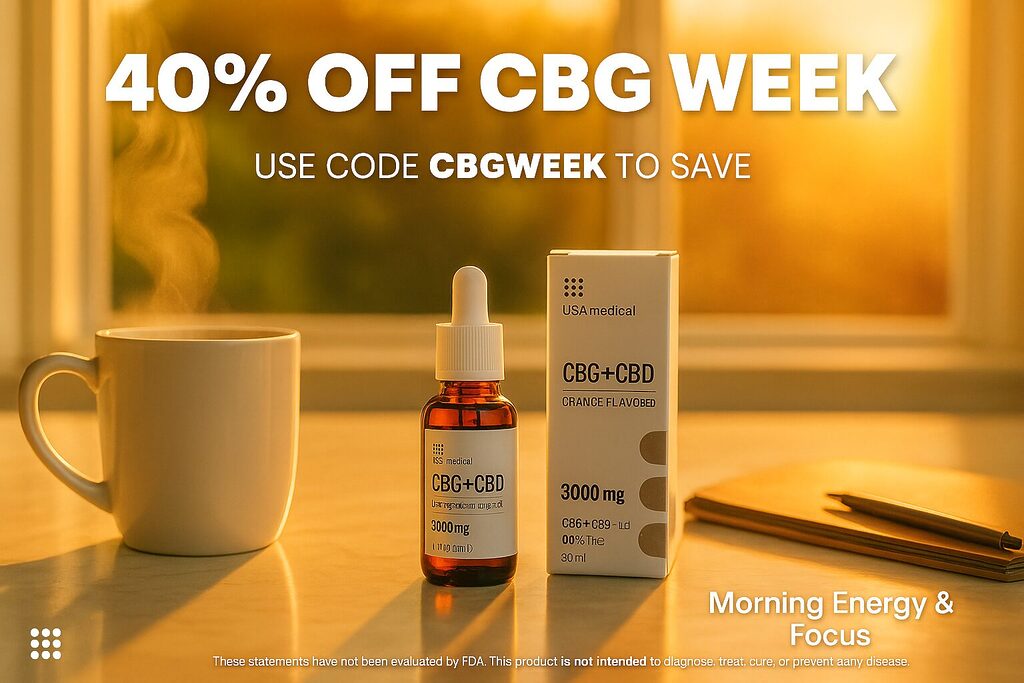
Breaking: CBG Week Starts Today, 50% Off Through Sunday, Sep 14
Save 50% on USA Medical CBG this week. Use code
By Jake Crossman (CNC-NASM), Nutrition Specialist; Holistic Health Coach; Managing Partner, USA Medical
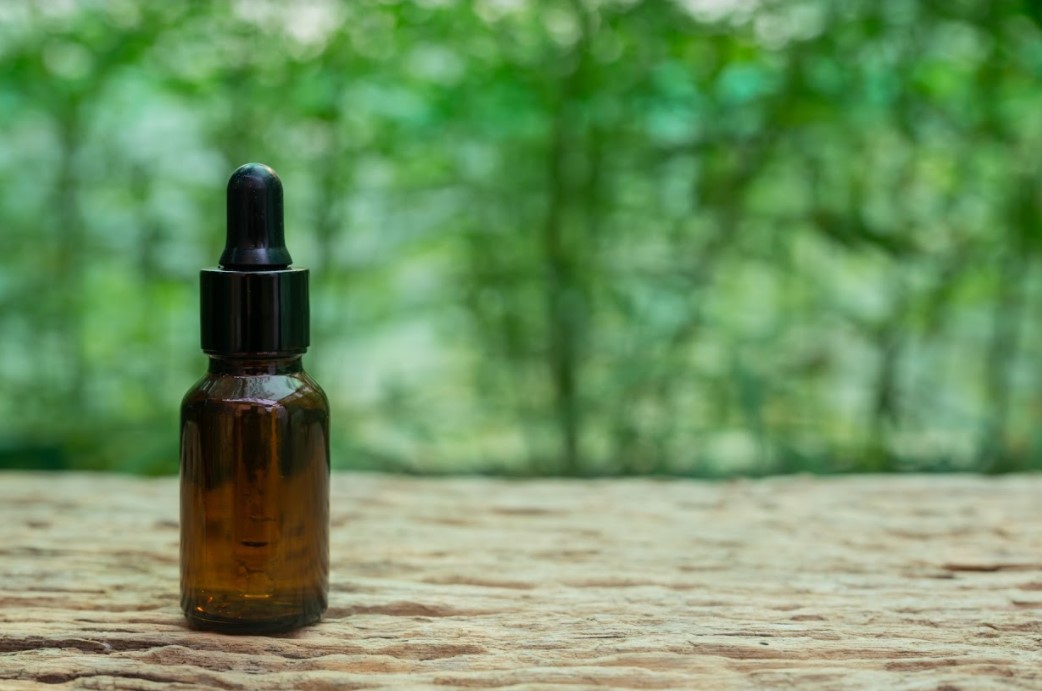
Hemp-based products have caused a lot of confusion since the resurgence of this ancient plant. Many people refer to CBD oil as hemp seed oil, while others can confuse it with cannabis oil, but these products can actually be very different from each other.
Let’s see how these products are made and what effects they have.
To produce CBD oil, the stalks and leaves of the hemp plant are used. They contain higher concentrations of CBD which is great for those who use CBD for pain, anxiety, or any other health condition.
On the other hand, hemp seed oil, is derived from the seeds of the Cannabis sativa plant. The seeds contain almost no CBD, but they have an excellent nutrient profile and are rich in omega fatty acids.
It’s worth gaining a deeper understanding of these two types of oil so that we can choose the safest and most suitable product for ourselves as consumers.
Hemp seed oil is produced by cold-pressing the seeds of Cannabis sativa, also known as industrial hemp. It is rich in omega-6 and omega-3 fatty acids, gamma-linolenic acid, and other antioxidants. It also contains B and D vitamins. However, what it doesn’t contain is THC (tetrahydrocannabinol), which means it doesn’t have any mind-altering effects.
A 2010 publication explores whether the abundance of omega-3 fatty acids found in hemp seed oil can help maintain cardiovascular health. Here you can find more information about the study.
In another publication from 2020, you can read about how hemp seed oil, due to its linoleic acid content, can potentially reduce total cholesterol levels and low-density lipoprotein (LDL), also known as “bad” cholesterol. Here you can find more information about the study.
*Details of the studies are available in their original language through the embedded links.
We can distinguish three different types of CBD oil:
Full-spectrum CBD oil, which includes all compounds of the cannabis plant, including THC (below the maximum allowable 0.2%).
Broad-spectrum CBD oil, which contains many compounds but not THC.
CBD oil made using CBD isolate, which contains only pure CBD.
CBD oil has been studied for its potential effects in various conditions, including:
What is hemp?
It is a common misconception that hemp and marijuana are two different species. In fact, both belong to the flowering plant variety of the Cannabaceae family.
Additionally, there are CBD oils extracted from hemp by removing the THC. These are marketed as cannabis oils.
Both hempseed oil and CBD oil are derived from the cannabis plant. While hempseed oil is obtained from the seeds of the cannabis plant, CBD oil is extracted from other parts of the plant, including the stalks and leaves.
Products containing hempseed and CBD oils do not have any intoxicating effects as they either contain no THC or only trace amounts.
These products are typically available as hempseed oil capsules, creams, or extracts in stores.
Both CBD oil and hempseed oil may have various promising physiological effects, research is ongoing and shows incredible promise in all things hemp-related.

My name is Jake. I'm a certified health coach, accredited nutritionist, and I want to make health easier for everyone.
We have the 'most advanced healthcare' in history, yet millions are still sick and on more medication than ever. My goal is to make holistic health more achievable for everybody.
I read all comments, so please let me know what you think!
These statements have not been evaluated by the FDA. USA Medical products are not intended to diagnose, treat, cure, or prevent any disease. Please consult with a healthcare professional before use.

Save 50% on USA Medical CBG this week. Use code
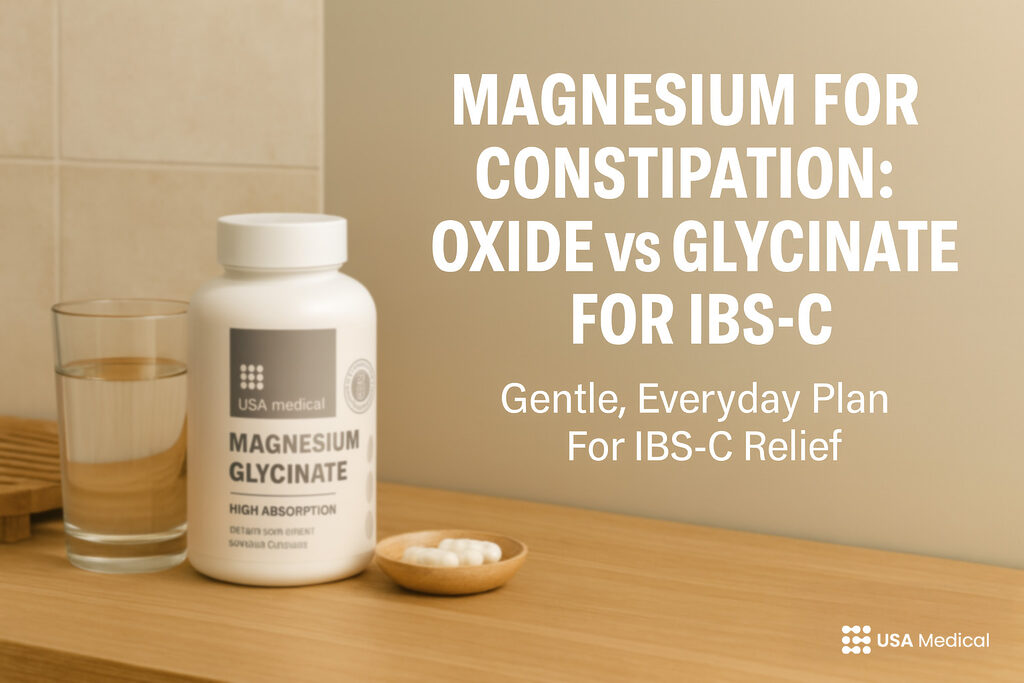
If your goal is comfortable, consistent relief, not a rollercoaster,
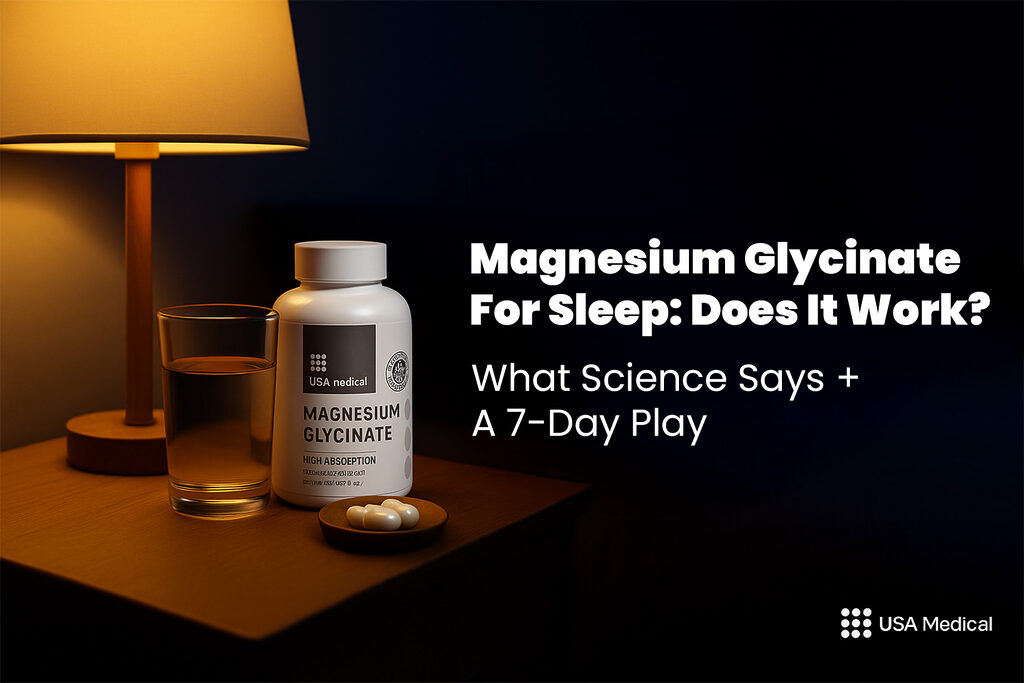
If you’re wondering whether magnesium glycinate for sleep is worth
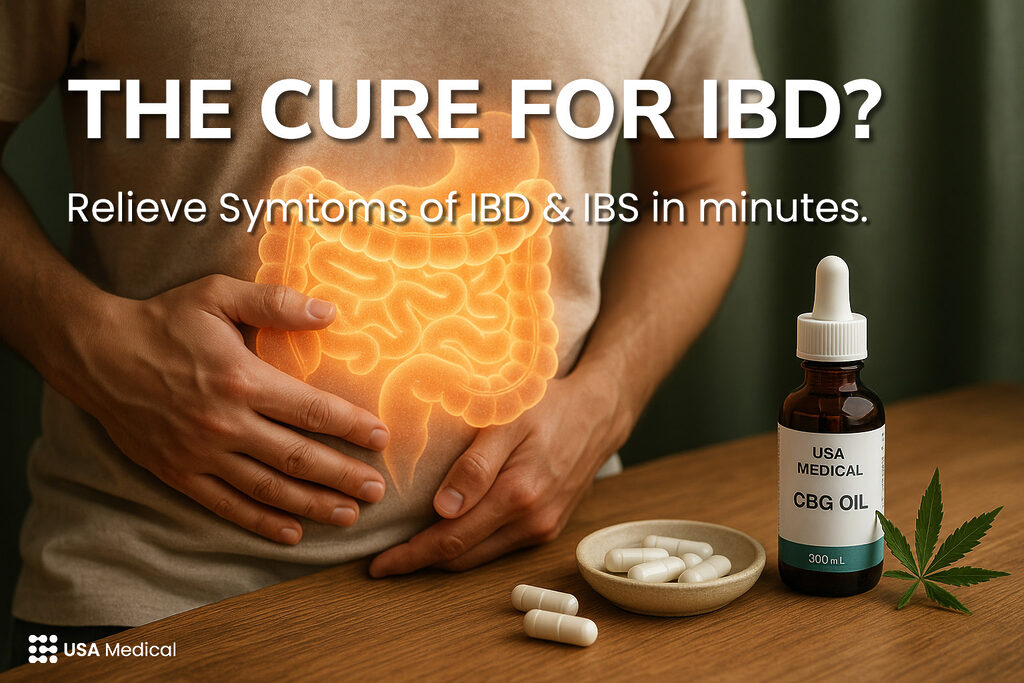
What we mean by IBD, IBS, and Crohn’s IBD is
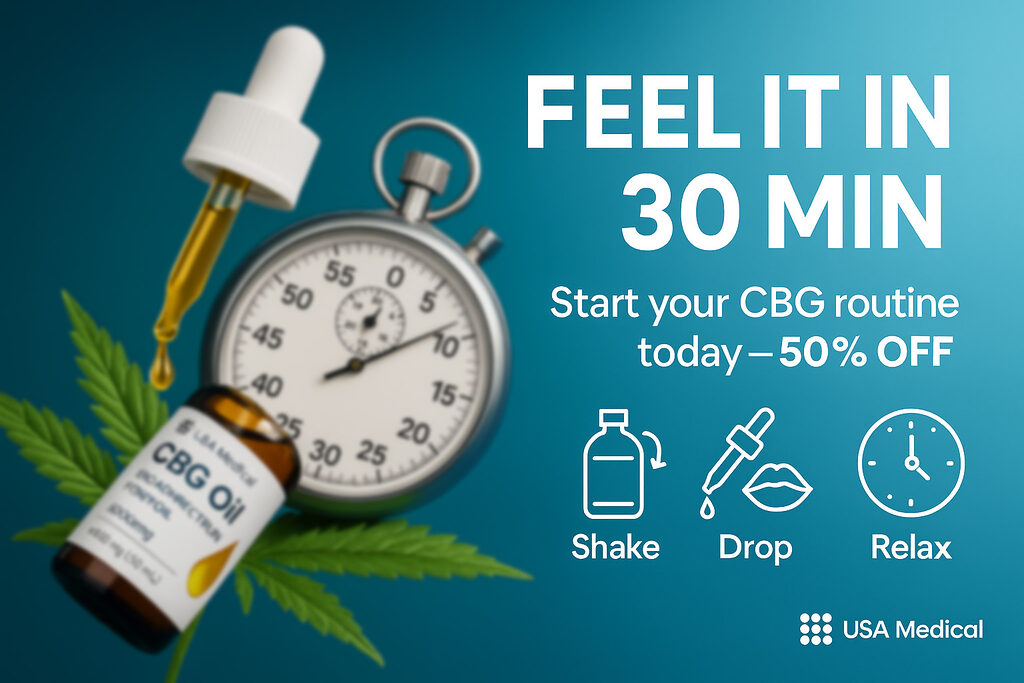
USA Medical CBG Oil works quickly and keeps working for
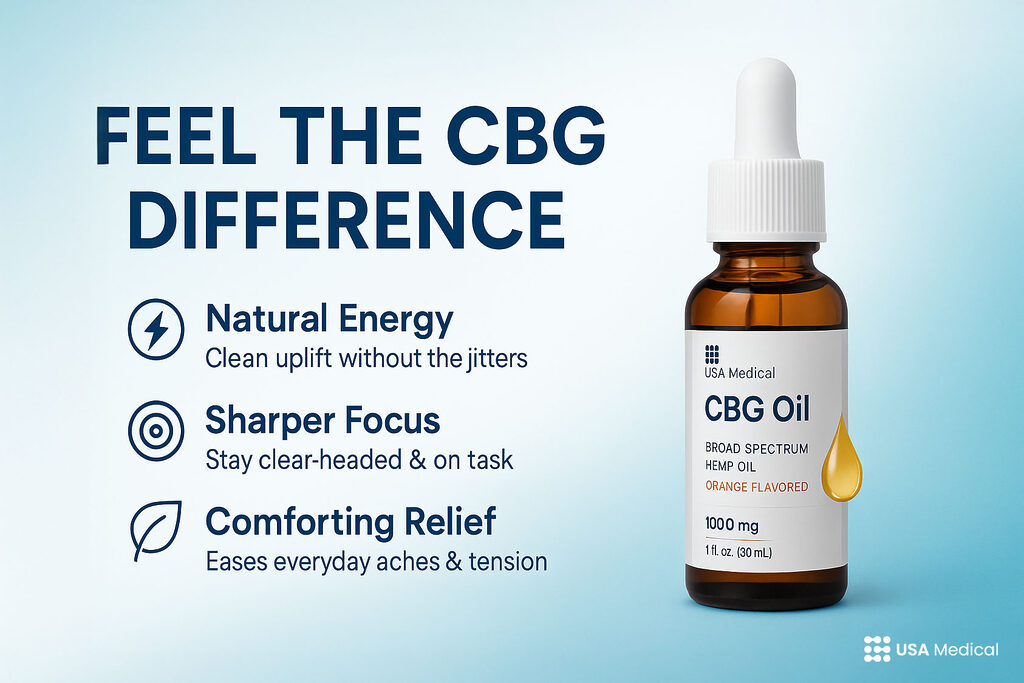
What Is CBG Oil? The Cannabinoid Behind the Buzz Cannabigerol

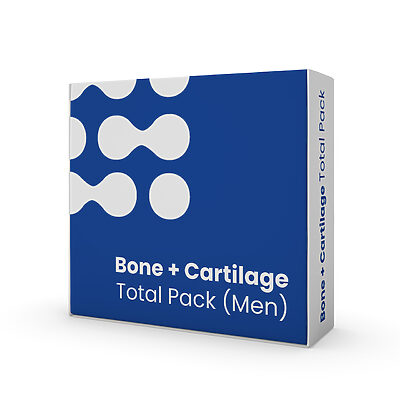
In stock | Free shipping
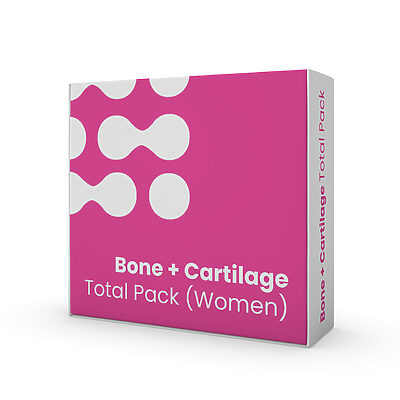
In stock | Free shipping
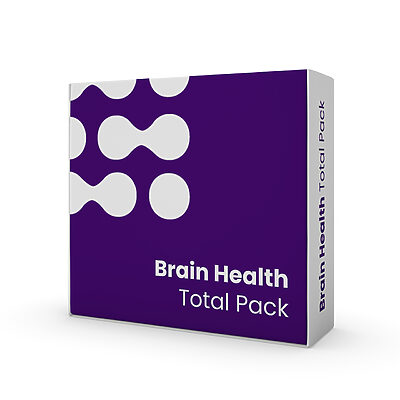
In stock | Free shipping

In stock | Free shipping
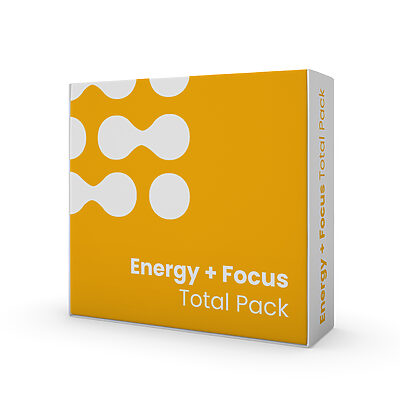
In stock | Free shipping
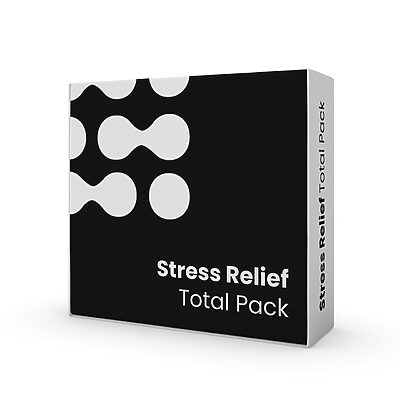
In stock | Free shipping

In stock | Free shipping
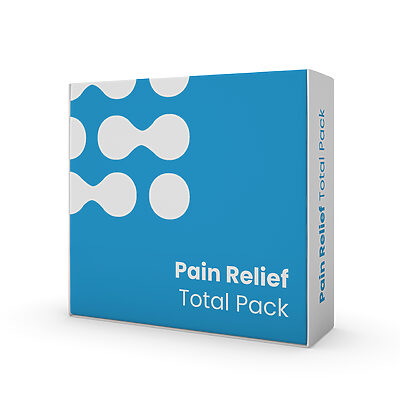
In stock | Free shipping